Financial Education
Learn how to calculate your credit scores!
Understanding how your credit score will be calculated is the first step to increasing it. So, find out essential information about it and start improving your personal finances!
Advertisement
Credit Scores are essential info you need to know: find out how to calculate it here!
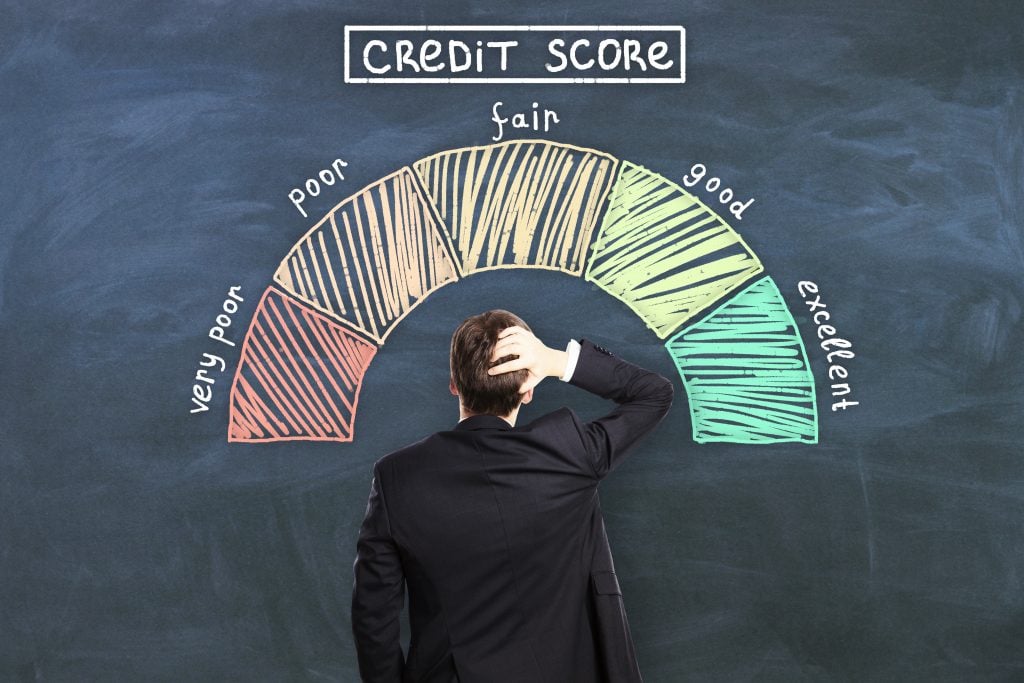
Do you know how to calculate your credit score? Some people don’t even know that this score exists and how important it is.
For your social life is really important to be a good person. For your finances is important to be a good buyer and a good payer. Certainly, in case you need a loan, the lender needs to know if you are trustful. For that to happen, the lender won’t ask if you help people out, volunteer at the animal shelter, or give food to homeless people. He’ll check your credit score.
Your credit score is the number that sums up your credit activity during your life. It may vary according to the moment you are living, and the stages you reach with your credit cards and loans.
However, it is not an untamed and wild number: there are feel things you can do to control it and get a better score. You may need it at any time, so it is better to guarantee. Learning how to calculate your credit score is basic info for a healthy financial life.
Stay with us to get this precious information and learn how to calculate your score.
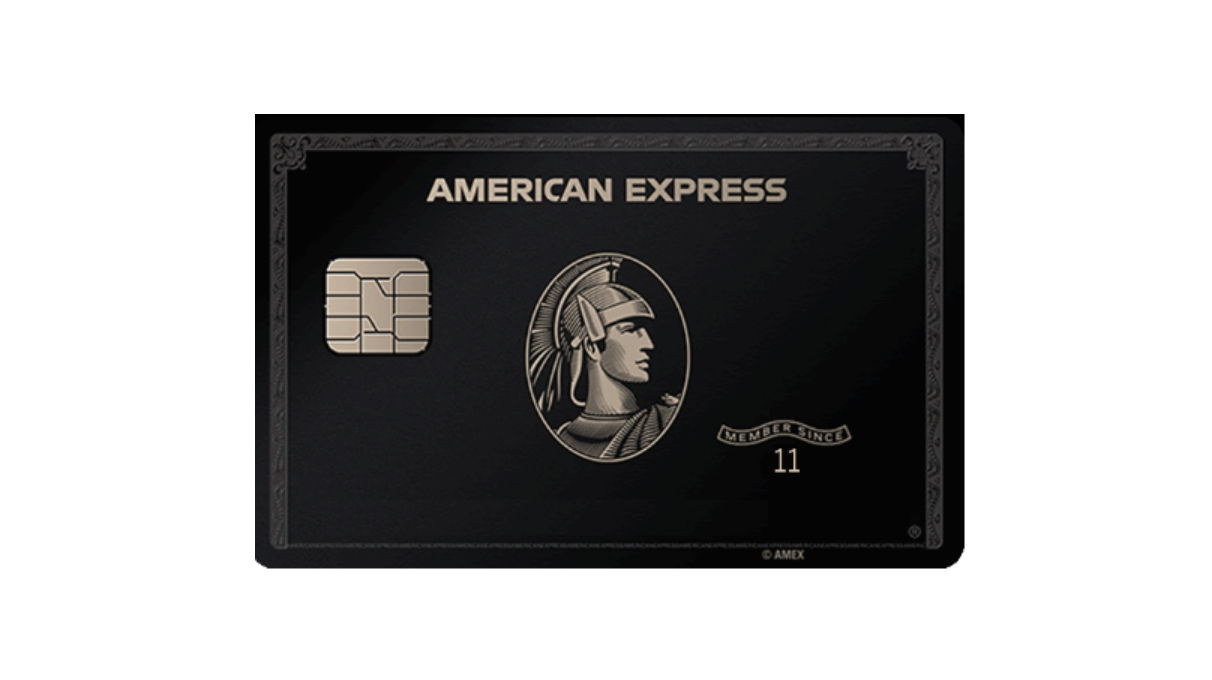
American Express Centurion credit card review
This article is a review of the American Express Centurion credit card. So, learn more about this card which is famous for its exclusivity and luxurious benefits!
You will be redirected to another website
You’ll receive messages for less than 1 week, with a maximum of 1 message per day. You can unsubscribe anytime by replying STOP. By submitting this form, I confirm that I am 18+ years old and agree to the Privacy Policy and Terms and Conditions. I also provide my signature, giving express consent to receive informational messages via automated emails, SMS, MMS text messages, and other forms of communication. Message frequency may vary as part of our good-faith effort to respond to your inquiry. Message and data rates may apply. Text STOP to cancel. I understand that my consent to receive communications is not a condition of purchase and that I may revoke my consent at any time.
Advertisement
What are credit scores and their types?

So, let’s recap and explain it better. A credit score is a number that puts you on a scale and helps the lenders to make a decision to grant you the loan or not. That is because a loan is a trust contract. The lender will give you something in advance, and needs to know how likely you are to give it back. This will be analyzed through your financial habits.
It will also determine the interest rates you’ll face. The higher your score, the lower your interest rates. By the way, some daring lenders will look for the people with low scores that are desperate for a loan. They charge exorbitant interest rates for a little amount of money lent because they know that person won’t have a better choice.
Credit Bureaus have different models to make statistical analyses to get to the credit score. In the US, the principal credit score model is the FICO. They are considered the most reliable and are largely used by lenders. This is how the credit score range is considered in their model
300 – 579: Poor credit score. You probably won’t get any loans, except for the ones from ambitious lenders.
580 – 669: Fair credit score.
670 – 739: Good credit score.
740 – 799: Very good credit score.
800 – 840: Excellent credit score. This will open every door you want to get loans and expand your credit limits.
There are other models of credit scoring models: Vantage Score, Credit Expert, Insurance Score, Trans risk, and others. Each one of them will have a different way to calculate the credit score, but the habits you’ll need to be considered a good payer are largely the same.
How is credit score calculated?
Even though there are different credit scores, the following five parameters are the ones you need to pay attention to. This is how the majority of lenders will calculate it, even though some may consider only a specific kind of activity depending on the nature of the business.
These are the major components of your credit score:
Advertisement
1) Payment history
This parameter will tell the lender if you are a good buyer and especially a good payer. To keep a good score in this component, you need to have consistent use of your credit accounts. Also, you need to have a good history in payments, with no delays. Bankruptcies, collections, and delinquencies will also imply in this parameter.
2) The length of your credit history
The sooner you start to make good use of a credit card, the better your credit score can be. A long credit history with no delay in payments will show the lender you have experience and responsibility for using credit. Some people avoid having credit cards. They think it’s a risk of creating unnecessary debt.
Advertisement
3) Types of accounts you have
To calculate your credit score, lenders will also consider how you can manage multiple credit accounts. Remember that it is important to be a good payer, otherwise, it will decrease your score. Each type of account will be considered in different types of loans you may ask:
- home loans
- credit cards
- mortgage and home equity loans
- studant and personal loans
4) Amount owed
You need a good rate between the used credit and your credit limit. If you are always too close to the limit, this could show creditors you’re always too close to having no money. If you are always too close or above your limit, you are a potential risk for the lender. A good strategy to keep your score high is to keep a good marge to your limit and pay it frequently.
5) Recent credit activity
Before opening a new account, consider that this will affect your credit score. Ask for a lot of new credit accounts and loans in a short period of time can indicate financial trouble. However, this will not kill your score, because one parameter can balance the other. So, asking for new loans may momentously drop your score. But if you’re a good and responsible payer, your score will increase again. It is not a question of right or wrong – it is about timing and strategy.
What is the credit score algorithm?

The exact credit score algorithm is kept a secret by the credit bureaus. You can not precisely calculate your credit score. But we do know the proportion rate of that five major factors. In order of importance, this is the proportion:
35% – Payment History
30% – Amount Owed
15% – Lenght of credit history
10% – Types of accounts
10% – Recent credit activity
So even if you can’t calculate the exact 3 number digit, you can consider the importance of each one. Pay attention to the more important ones, but do not neglect the lower ones. They may the drop you need to get a good loan with good interest rates.
Who determines a credit score?
There are some institutions that determine the credit score – the Credit Bureaus. Your score can be different in each one of them. However, the lender is the one who will choose which one to consider, not you. To guarantee, you better have a good score in all of them.
Now that you understand how a credit score is calculated, it is important to know which cards you can apply for. In the article below, you’ll learn more about the American Express Platinum, a credit card that requires good credit scores!
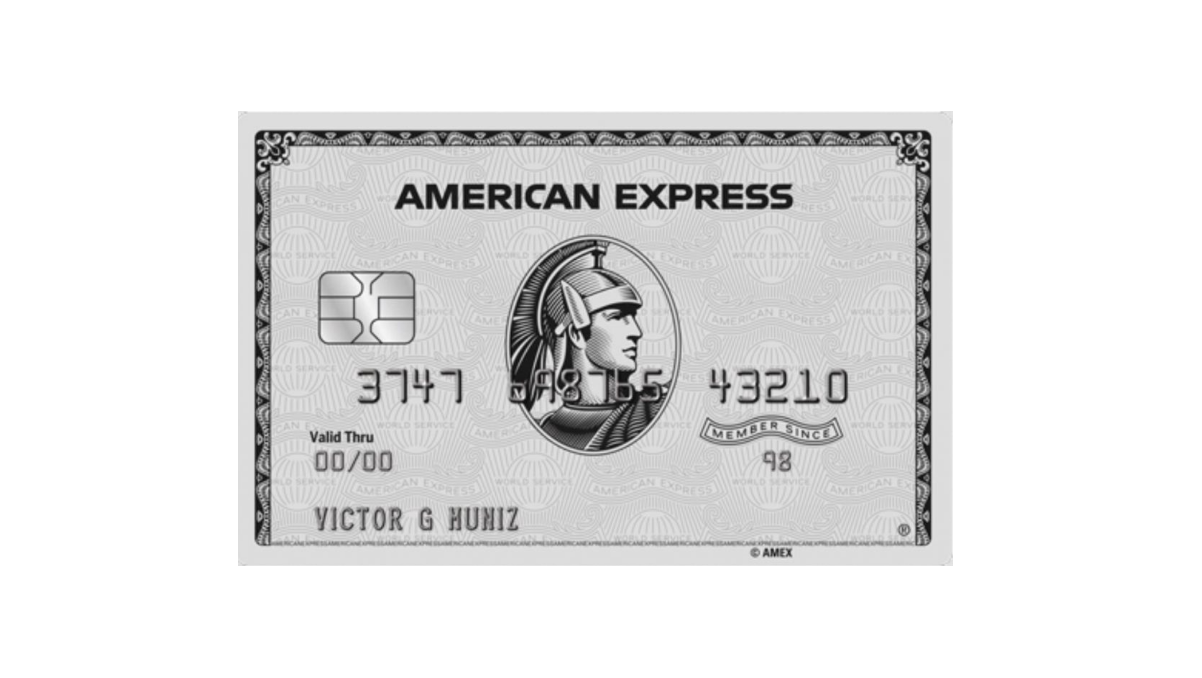
American Express Platinum credit card review
VIP access and exclusive benefits in hotels, airlines, and entertainment services: learn everything about the American Express Platinum credit card!
Trending Topics
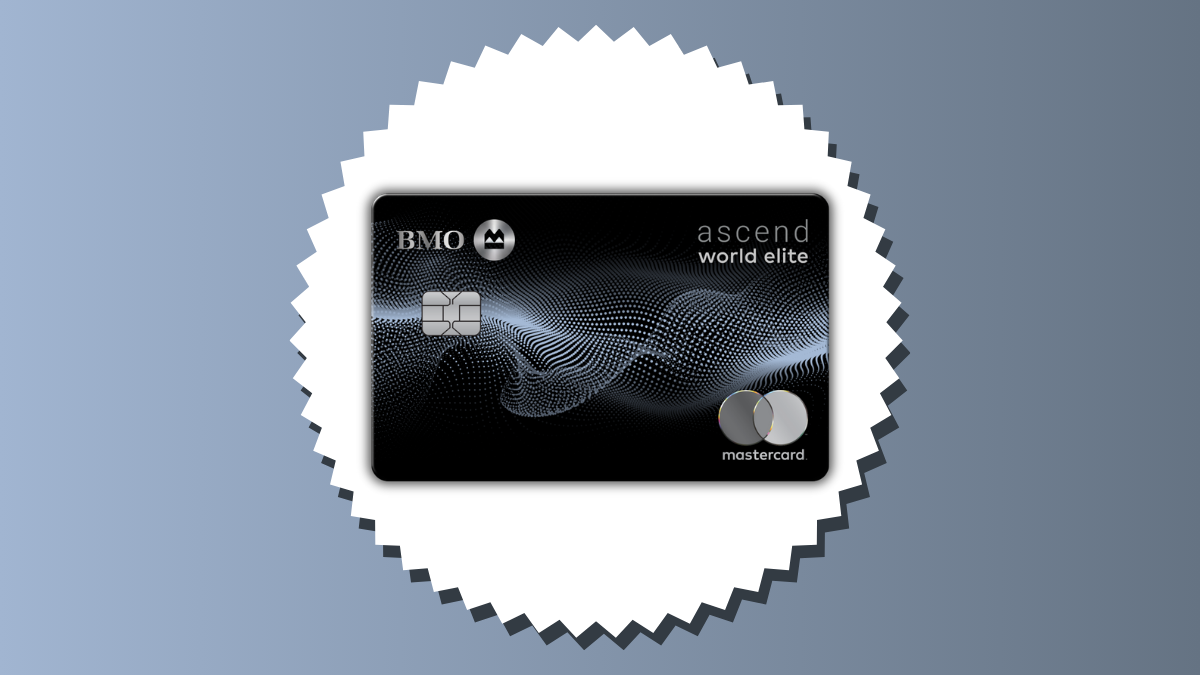
Apply for the BMO Ascend World Elite®* Mastercard®*
Apply for the BMO Ascend World Elite®* Mastercard®* to unlock elite travel rewards, extensive insurance, and exclusive luxury perks.
Keep Reading
Avant Personal Loan review: how does it work, and is it good?
Learn how to get fast cash for any purpose in the Avant Personal Loan Review. Keep reading to find out more!
Keep Reading
The best apps for anxiety: take a deep breath and download one
Everybody needs a break, and these apps for anxiety are the best way to get some minutes of peace inside your head during the day.
Keep ReadingYou may also like

Earned Income Tax Credit (EITC): who it helps and how
Learn about the Earned Income Tax Credit (EITC), a welfare program that helps low-income families get a tax refund. Read on!
Keep Reading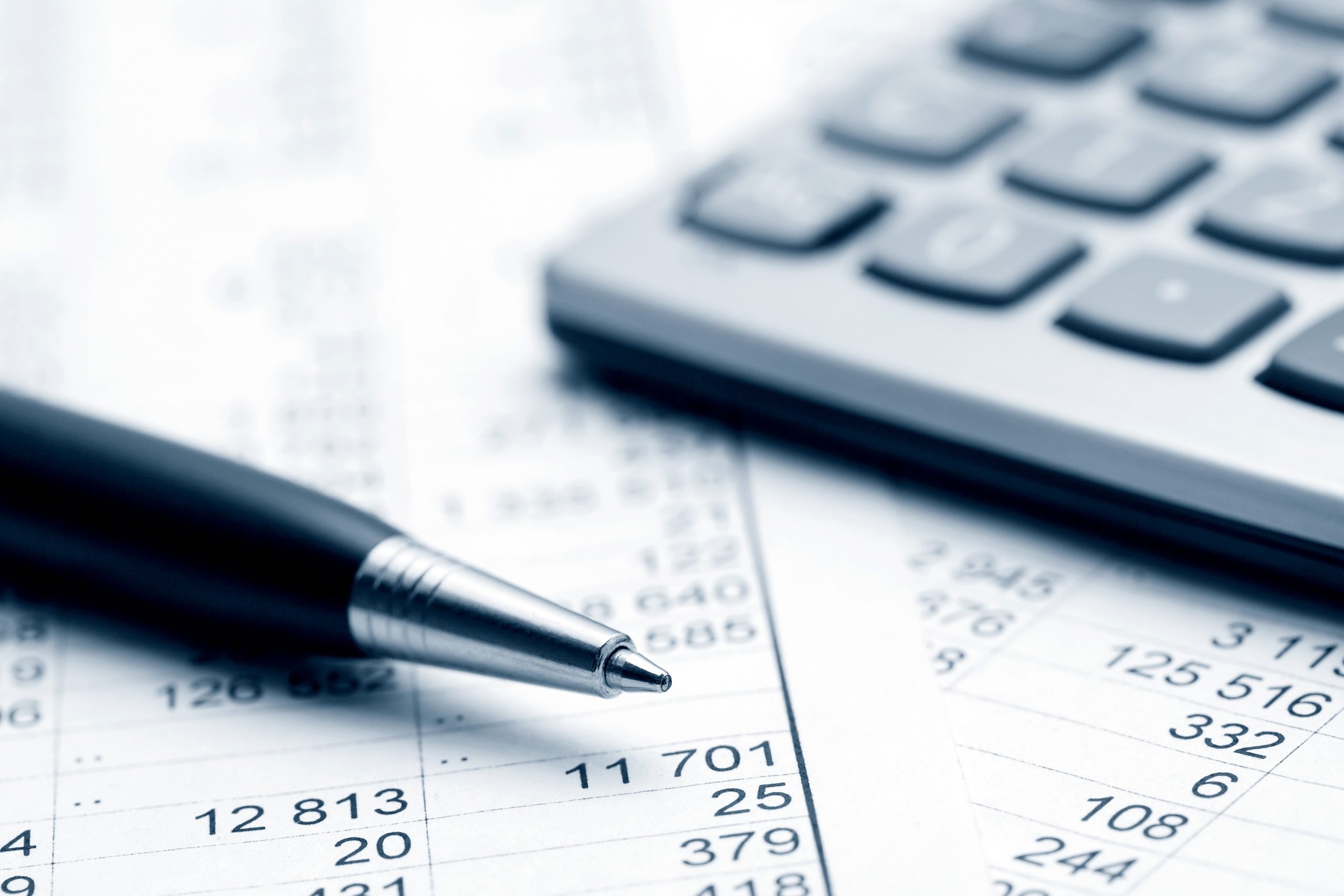
Checking account pros and cons: what to consider before opening one
If you're looking for a new checking account, these are the pros and cons to consider before opening one. Find out if it's right for you!
Keep Reading
RBC Bank Application: Simplify Your Banking Experience
This is a quick, simple and easy-to-follow RBC Bank application guide. Come along with us and get your new bank account going today!
Keep Reading